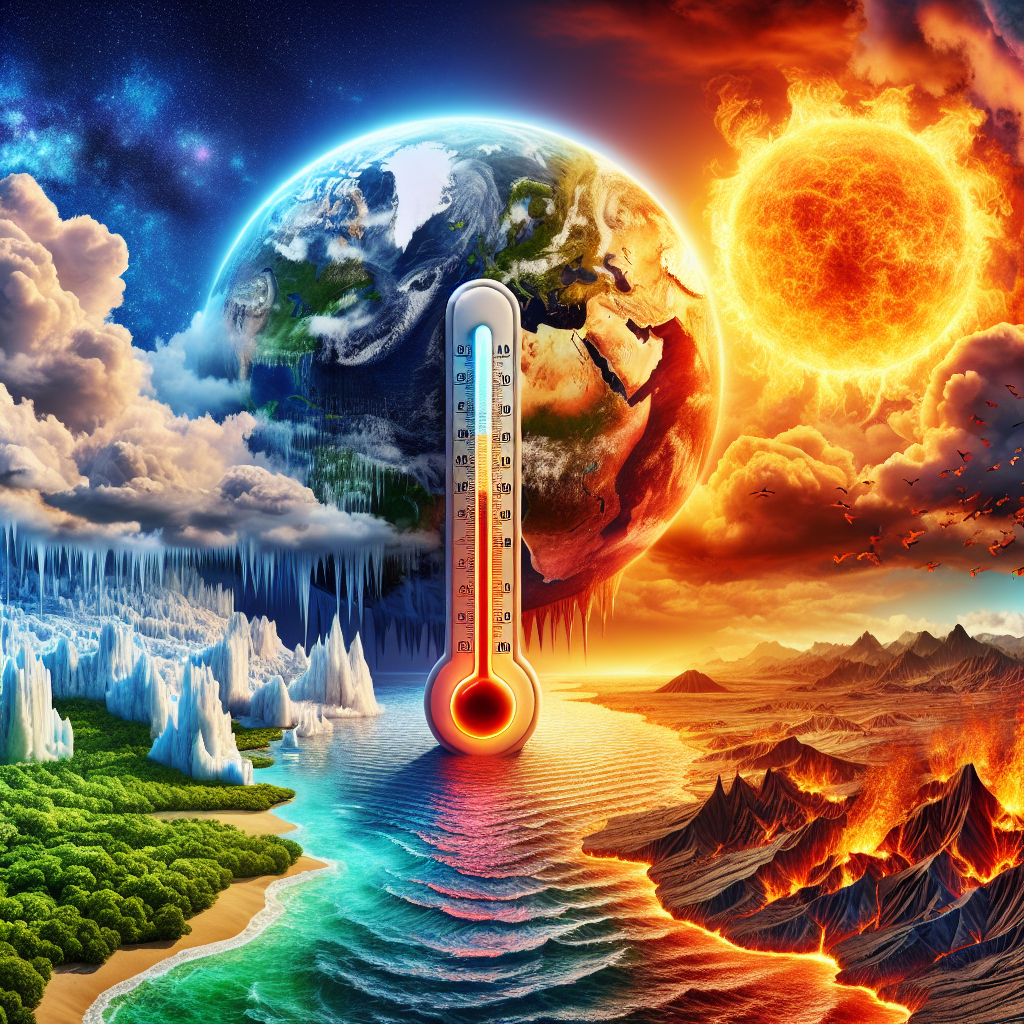High-Stakes U.S-China Climate Talks Overshadowed by Upcoming Presidential Election
The upcoming U.S. presidential election greatly influences climate talks between U.S. envoy John Podesta and Chinese counterpart Liu Zhenmin in Beijing. The potential re-election of Donald Trump could hinder new climate agreements, whereas a Vice President Kamala Harris scenario presents a different dynamic. China remains cautious ahead of the election.

The looming U.S. presidential election casts a significant shadow over the climate talks in Beijing this week between U.S. climate envoy John Podesta and China's Liu Zhenmin, experts disclosed on Wednesday.
Collaboration between the world's largest greenhouse gas emitters has historically forged critical climate accords, including the 2015 Paris Agreement. However, the prospect of former President Donald Trump returning to power threatens to stymie fresh commitments. "The election will make it very hard - in fact, impossible - for the two sides to reach any substantive agreement during Podesta's trip," remarked Li Shuo of the Asia Society Policy Institute.
As Podesta arrives in Beijing, the U.S. aims to nudge China towards bolstering its 2035 climate targets and contributing to a global climate finance package by a U.N. deadline next year. Despite this push, China may remain non-committal until after the U.S. elections, especially given the recent polling shift following Vice President Kamala Harris replacing President Joe Biden on the Democratic ticket.
(With inputs from agencies.)










